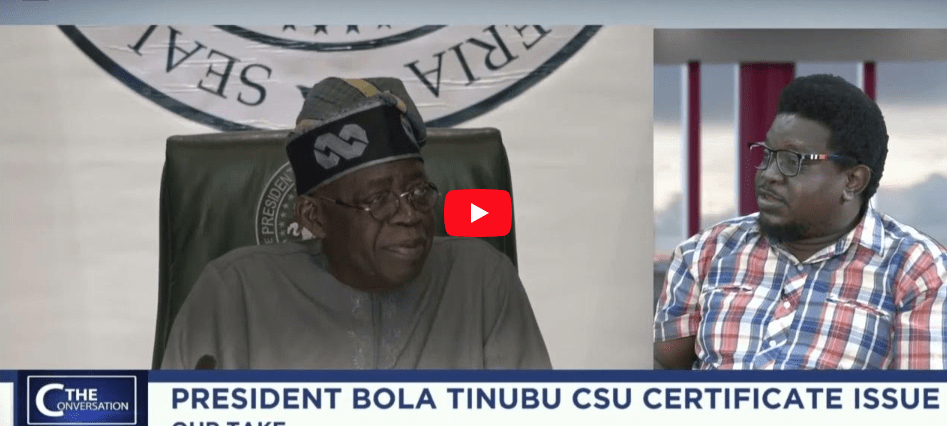
Nigeria’s economy is estimated to have grown by 3.7 percent year-on-year in the first half of 2025, propelled by improved business conditions and increased crude oil output. This is according to the latest Purchasing Managers’ Index (PMI) report from Stanbic IBTC Bank Nigeria, compiled by S&P Global and released on Tuesday.
The report highlights stronger performance in the manufacturing and services sectors, with oil production also rebounding during the period. However, agricultural growth remained subdued, falling short of its historical average of 3.6 percent.
While the World Bank maintains a 3.6 percent GDP growth forecast for Nigeria in 2025 up from 3.4 percent in 2024 it remains below the Central Bank of Nigeria’s (CBN) more optimistic estimate of 4.17 percent, and well under the 5.5 percent target set by the Nigerian Economic Summit Group (NESG) earlier this year.
Speaking on the economic outlook, Muyiwa Oni, Head of Equity Research for West Africa at Stanbic IBTC Bank, said the 3.7 percent growth estimate aligns with expectations of 3.5 percent annual growth. He pointed to consistent monthly PMI data and crude oil production figures from the Nigerian Upstream Petroleum Regulatory Commission (NUPRC) as indicators of this trend.
“The economy recorded around 3.7 percent year-on-year growth in H1 2025, supported by higher oil output and recovery in manufacturing and services,” Oni said. “Agriculture, however, continues to lag.”
Inflation Cooling, Interest Rate Cuts Expected
According to Oni, inflation is expected to soften further in 2025 compared to the 2024 average. This, in turn, could lead to a 150 to 200 basis point cut in interest rates this year, with a further 200 to 250 basis point reduction anticipated in 2026.
He added that structural reforms, the removal of protectionist trade policies, and the gradual fading of previous economic shocks will help sustain medium-term growth.
“We still expect the Nigerian economy to grow by 3.5 percent in real terms in 2025, and post-GDP rebasing could push this figure up to around 4.2 percent,” Oni added.
Business Confidence Grows Despite Slower PMI
The June PMI reading stood at 51.6 points, indicating expansion in private sector activity for the seventh straight month. However, this marks a slowdown from 52.7 in May, and is also below the 2025 average of 53.1 points.
The slower pace of growth was attributed mainly to a dip in manufacturing output, though other sectors, particularly services, continued to expand. New business orders remained strong but rose at their slowest pace in five months.
“Where output rose, respondents linked it to higher new orders and new customer acquisition,” the report noted.
Despite the cooling momentum, business confidence surged, reaching its highest level since August 2022, as companies expressed optimism about plans to scale up operations and invest in infrastructure.
Operational Bottlenecks Persist
While employment levels stabilized in June following a minor dip in May, backlogs of work increased for the third consecutive month. This was largely attributed to raw material shortages, delayed client payments, and persistent power supply issues.
Delivery times remained mostly unchanged, with some firms pointing to poor road infrastructure as a factor contributing to delays in supplies.
The Stanbic IBTC Bank Nigeria PMI survey is based on responses from purchasing managers at around 400 private-sector firms across sectors including agriculture, mining, manufacturing, construction, wholesale, retail, and services. The index has tracked Nigerian business conditions since January 2014.





